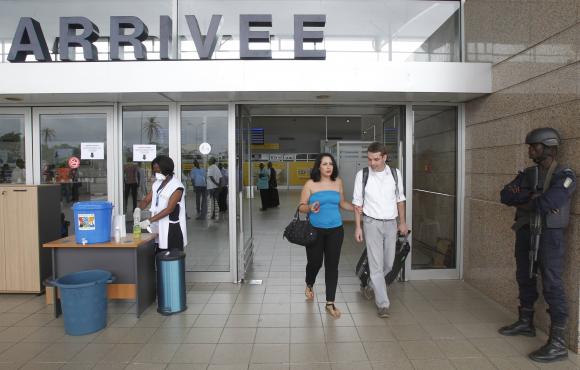 ABIDJAN - Reuters - Sat Aug 23, 2014 7:48am EDT
ABIDJAN - Reuters - Sat Aug 23, 2014 7:48am EDT
(Reuters) - Ivory Coast has closed its land borders with Ebola-affected West African neighbours Guinea and Liberia in an attempt to prevent the world's deadliest outbreak of the virus from spreading onto its territory, the government announced.
A number of African nations have defied advice from the World Health Organization (WHO) and put in place restrictions on travel to and from the countries where Ebola has appeared, which also include Sierra Leone and Nigeria.
The Philippines on Saturday ordered 115 troops to return home from peacekeeping operations in Liberia due to the outbreak there.
http://www.reuters.com/article/2014/08/23/us-health-ebola-ivorycoast-idUSKBN0GN0AL20140823
Recent Comments